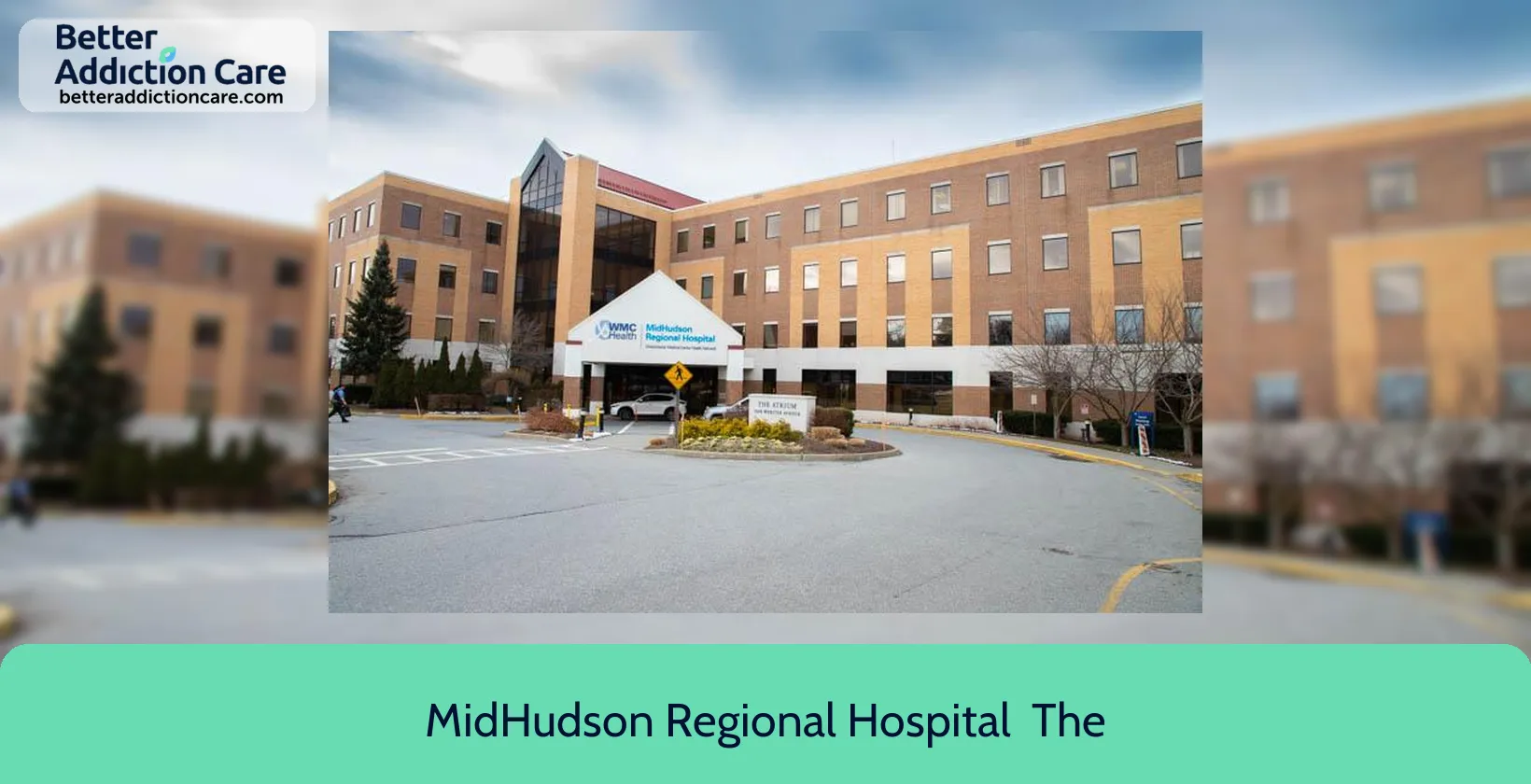Lexington Center for Recovery

Overview
The Page Park Drive location of Lexington Center for treatment is a devoted facility that provides targeted treatment services for those impacted by alcohol and drug misuse. The center values each person's dignity and originality and customizes its services to each client's specific requirements. To assist clients in the first phases of recovery, Lexington Center for Recovery offers both an evening intensive program and a day intensive program.
The goal of Lexington Center for treatment is to guarantee that a comprehensive approach to treatment is used to meet the needs of people with drug use disorders as well as their families and communities. Understanding that rehabilitation takes place in a caring and supportive setting, the center provides cutting-edge programming designed to address the many issues related to addiction. The goal is to provide high-quality, client-centered, community-based services that are available whenever and wherever needed.
Lexington Center for Recovery is aware that drug use disorder is a chronic condition that requires individualized therapy based on the patient's changing requirements. The center works to provide a helpful and compassionate rehabilitation process, based on the idea that genuine healing occurs in a supportive community.
Lexington Center for Recovery at a Glance
Payment Options
- Cash or self-payment
- Medicaid
- Medicare
- State-financed health insurance plan other than Medicaid
- Private health insurance
Assessments
- Comprehensive substance use assessment
- Screening for mental disorders
- Screening for substance use
- Complete medical history/physical exam
- Comprehensive mental health assessment
Age Groups
- Seniors or older adults
- Young adults
- Adults
- Adolescents
Operation
- Private non-profit organization
- Program Tailored for LGBTQ Clients
Highlights About Lexington Center for Recovery
6.85/10
With an overall rating of 6.85/10, this facility has following balanced range of services. Alcohol Rehabilitation: 8.00/10, Drug Rehab and Detox: 6.31/10, Insurance and Payments: 6.00/10, Treatment Options: 7.09/10.-
Alcohol Rehabilitation 8.00
-
Treatment Options 7.09
-
Drug Rehab and Detox 6.31
-
Insurance and Payments 6.00
Accreditations
Council on Accreditation (COA):
The Council on Accreditation (COA) is a non-profit that provides accreditation to human services organizations to ensure they meet high standards in service delivery. The accreditation process involves evaluating the organization's policies, practices, and services to meet specific standards.
Federally Qualified Health Center:
Federally Qualified Health Center (FQHC) accreditation is a process of evaluation and recognition by the federal government for community health centers that provide comprehensive and accessible healthcare services to underserved populations. FQHC accreditation is essential for centers to receive federal funding and to ensure that they meet standards for quality, patient-centered care.
SAMHSA certification for opioid treatment program (OTP):
SAMHSA's Opioid Treatment Programs (OTP) Accreditation is a rigorous recognition process, signaling an OTP's commitment to high-quality care for those with opioid use disorders. It assures patients, families, and the community that the program adheres to evidence-based practices, maintains a safe environment, and employs qualified staff. This accreditation represents a commitment to addressing the opioid epidemic and promoting recovery, symbolizing quality and accountability in opioid addiction treatment.
Treatment At Lexington Center for Recovery
Treatment Conditions
- Alcoholism
- Mental health treatment
- Substance use treatment
- Co-occurring Disorders
- Opioid Treatement
Care Levels
- Outpatient
- Outpatient methadone/buprenorphine or naltrexone treatment
- Regular outpatient treatment
- Intensive outpatient treatment
- Outpatient detoxification
Treatment Modalities
- Cognitive behavioral therapy
- Telemedicine/telehealth therapy
- Substance use disorder counseling
- Trauma-related counseling
- Smoking/vaping/tobacco cessation counseling
Ancillary Services
Languages
- Spanish
Additional Services
- Pharmacotherapies administered during treatment
- Mentoring/peer support
- Breathalyzer or blood alcohol testing
Special Programs
- Clients with co-occurring mental and substance use disorders
- Veterans
- Active duty military
- Criminal justice (other than DUI/DWI)/Forensic clients
- Pregnant/postpartum women
Get Help Now
Common Questions About Lexington Center for Recovery
Contact Information
Other Facilities in Poughkeepsie

6.65

6.75

7.02

6.74

7.68
DISCLAIMER: The facility name, logo and brand are the property and registered trademarks of MidHudson Regional Hospital - The Turning Point, and are being used for identification and informational purposes only. Use of these names, logos and brands shall not imply endorsement. BetterAddictionCare.com is not affiliated with or sponsored by MidHudson Regional Hospital - The Turning Point.
